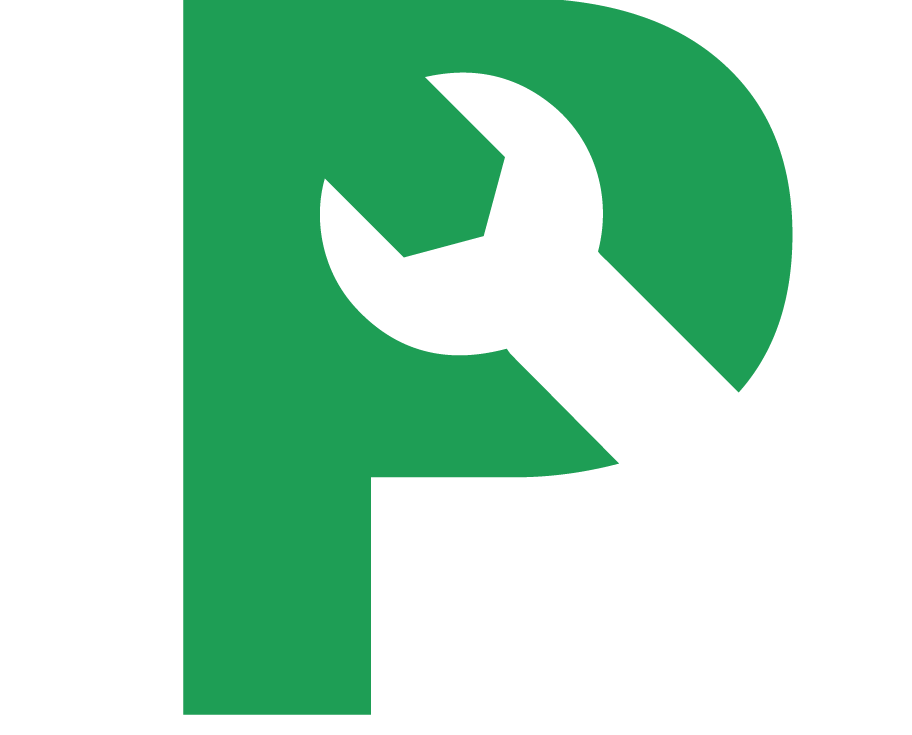Understanding “Won’tpower”
Photo by Filip Mroz on Unsplash
The word "willpower" has become a cultural and linguistic shortcut for the idea that we all have some deep, infinite reserve of mental, emotional and physical energy that can be magically tapped just when we need it. The mirage is that it's sitting there, ready and waiting, and when we summoned, it’s going to work for us.
"All this diet takes is a little planning and some willpower"
"Running a profitable business requires willpower"
"Finishing a marathon is all about willpower"
So here is the thing I have realised about willpower. Not many of us like being told what to do, especially by the part of our brains that is whimsical at best, and will say what we need to hear when we need it. When the time comes, it might just as likely tell us to go grab a coffee and check Facebook first. Our gut reaction to an applied force is to push back, and that's often what happens when we try to "apply willpower". We fight ourselves.
So willpower, at it’s worst, becomes us trying to dominate ourselves with a manufactured set of reward/punishment rules.
In his book "The Slight Edge", Jeff Olson off-handedly says "A friend of mine used to say that people on diets who complain that they lack will power are usually suffering more from a lack of won’t power." and I think there is real power to that statement.
Instead of relying on the unreliable nature of our own self-directed brute force to punch our way through our obstacles, how can we decide to remove or put down the things that get in our way? How about not even allowing them in in the first place?
There is a Buddhist story called “Ajahn Chah and the big, heavy boulder“. In this story, Ajahn Chah is on a walk with his disciples, and he points to a big boulder and asks one of them, “Do you think that rock is heavy?”. “Yes, very heavy.” replies the disciple. “Well… it’s only heavy if you pick it up!” smiled Ajahn Chah.
We all carry around more than we need, even as we do everyday tasks. We usually don't even realize that we’re carrying them around. But once we see these unnecessary weights, we have a choice to drop it, or let go of it, or put it down and let it be. Letting go of these burdens lets us feel free.
As we enter the last quarter of this most-strange year called 2020, I'm launching a new coaching program for those looking to sprint right to the end. And obviously, the easiest way to sprint is by leaving behind what you don’t need. Details of the program are here.
Let's not rely on willpower to get you where you need to go.

